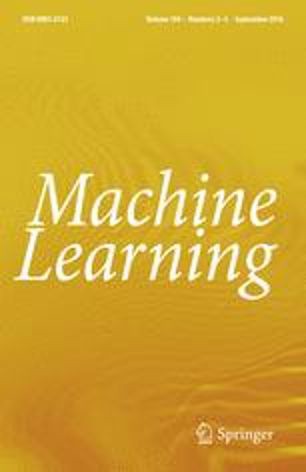Evaluating time series forecasting models: An empirical study on performance estimation methods
This paper describes an empirical study and comparison of different performance estimation methods in the context of time series forecasting.

Abstract.
Performance estimation aims at estimating the loss that a predictive model will incur on unseen data. This process is a fundamental stage in any machine learning project. In this paper we study the application of these methods to time series forecasting tasks. For independent and identically distributed data the most common approach is cross-validation. However, the dependency among observations in time series raises some caveats about the most appropriate way to estimate performance in this type of data. Currently, there is no consensual approach. We contribute to the literature by presenting an extensive empirical study which compares different performance estimation methods for time series forecasting tasks. These methods include variants of cross-validation, out-of-sample (holdout), and prequential approaches. Two case studies are analysed: One with 174 real-world time series and another with three synthetic time series. Results show noticeable differences in the performance estimation methods in the two scenarios. In particular, empirical experiments suggest that blocked cross-validation can be applied to stationary time series. However, when the time series are non-stationary, the most accurate estimates are produced by out-of-sample methods, particularly the holdout approach repeated in multiple testing periods.